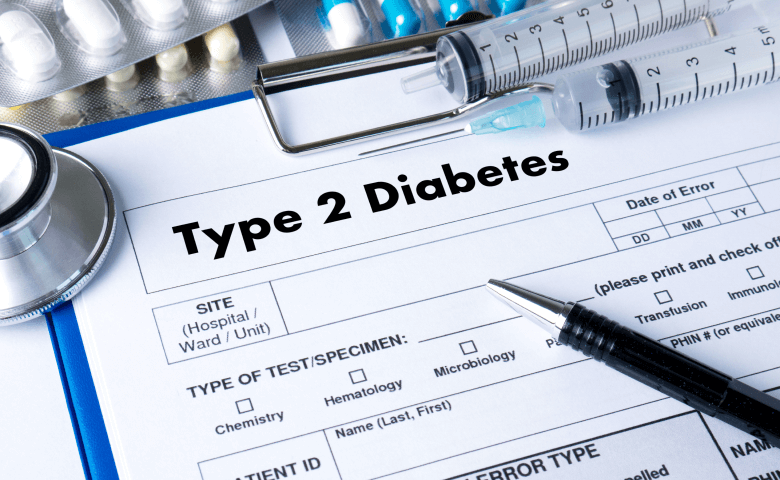Obesity is classified as a chronic disease, which affects over 800 million people around the world. Living with obesity increases the risk of developing other diseases including heart disease, diabetes and even some cancers.
World Obesity Day is about raising awareness around the complexity of obesity, and the need to look beyond an individual’s weight and perceived choices. World Obesity Day also aims to influence governments and decision makers to introduce policies that address the causes of obesity at a societal level. We all need to better understand the root causes of obesity; and how to support every body to live happier, healthier and longer lives.
The causes of obesity are complex, often involving everything from our genetics and biology, previous life experiences, to our environment - with all of these having the potential to impact on our current diet and lifestyle behaviours.
Here at LiveSmart we work with our partners to create positive changes at a workplace level too, by sharing feedback from employees about health initiatives that would benefit them.
Some key findings from our data set tell us:
- 24% of our users have a personal health objective to reduce their weight
- 26% would like their employer to provide or improve the selection of healthy food available
- 8% would like sugary or unhealthy snacks removed from their office environment
- 41% would like to be able to take time for exercise during the work day
- 16% would like increased mental health support from their employer
LiveSmart’s Doctors and Dietitians are trained to support people living with obesity to find strategies that improve overall health, not just short term weight loss. In fact, smaller weight losses have huge potential to improve health, when coupled with sustainable, healthy changes that improve nutritional status, activity levels or stress management and sleep.
Did you know that losing 5-10% weight has the potential to:
- Reduce resting blood pressure by 5mmHg.
In clinical trials, this level of blood pressure reduction has been shown to reduce heart disease events by 22% at a population level - Reduce blood HbA1c levels by 6mmol/mol.
HbA1c is a blood marker that reflects blood glucose levels over time and is high in individuals with diabetes. 6mmol/mol is similar to the reduction seen with the use of some anti-diabetic medications - Reduce blood triglyceride levels by 2.2mmol/l.
Triglycerides are one of the fats that circulate in our blood (alongside different types of cholesterol); with high levels contributing to our risk of heart disease
This year, World Obesity is on Thursday 4th March 2021. You can learn more about World Obesity Day here; and how LiveSmart can support your people to find their greatness here.



